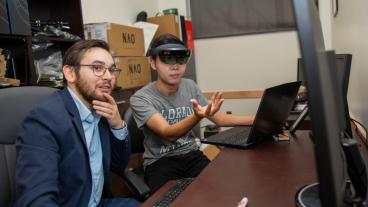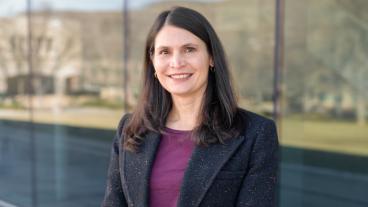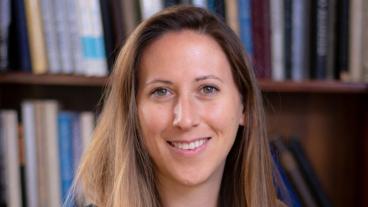Colorado School of Mines is proud to announce 28 new faculty members for the 2016-17 academic year. This diverse group of faculty is invested in educating the next generation of innovators, as well as conducting fundamental research with the potential to change the world.
These new members of the Mines community offer a wide range of expertise, and include faculty who focus on renewable energy, superconductors, robotics, motion analysis and hydraulics, to name a few.
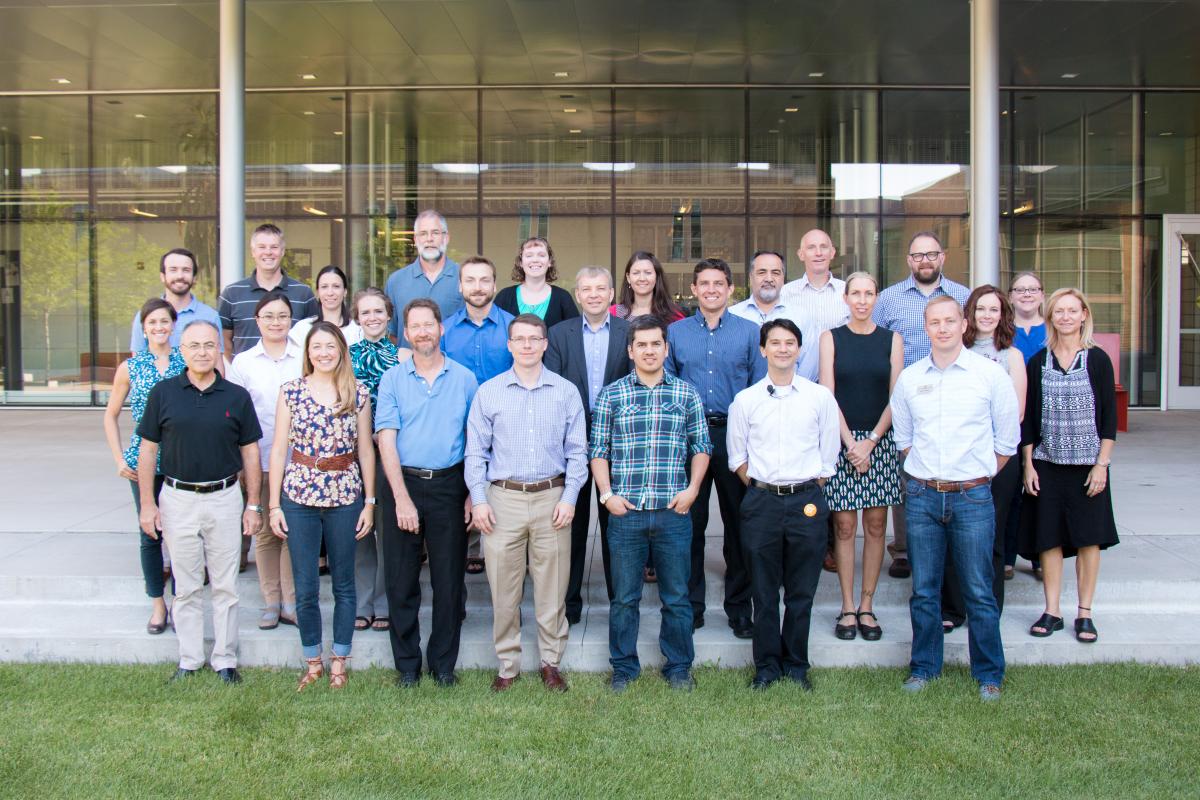
Learn more about our new faculty:
College of Applied Science and Engineering
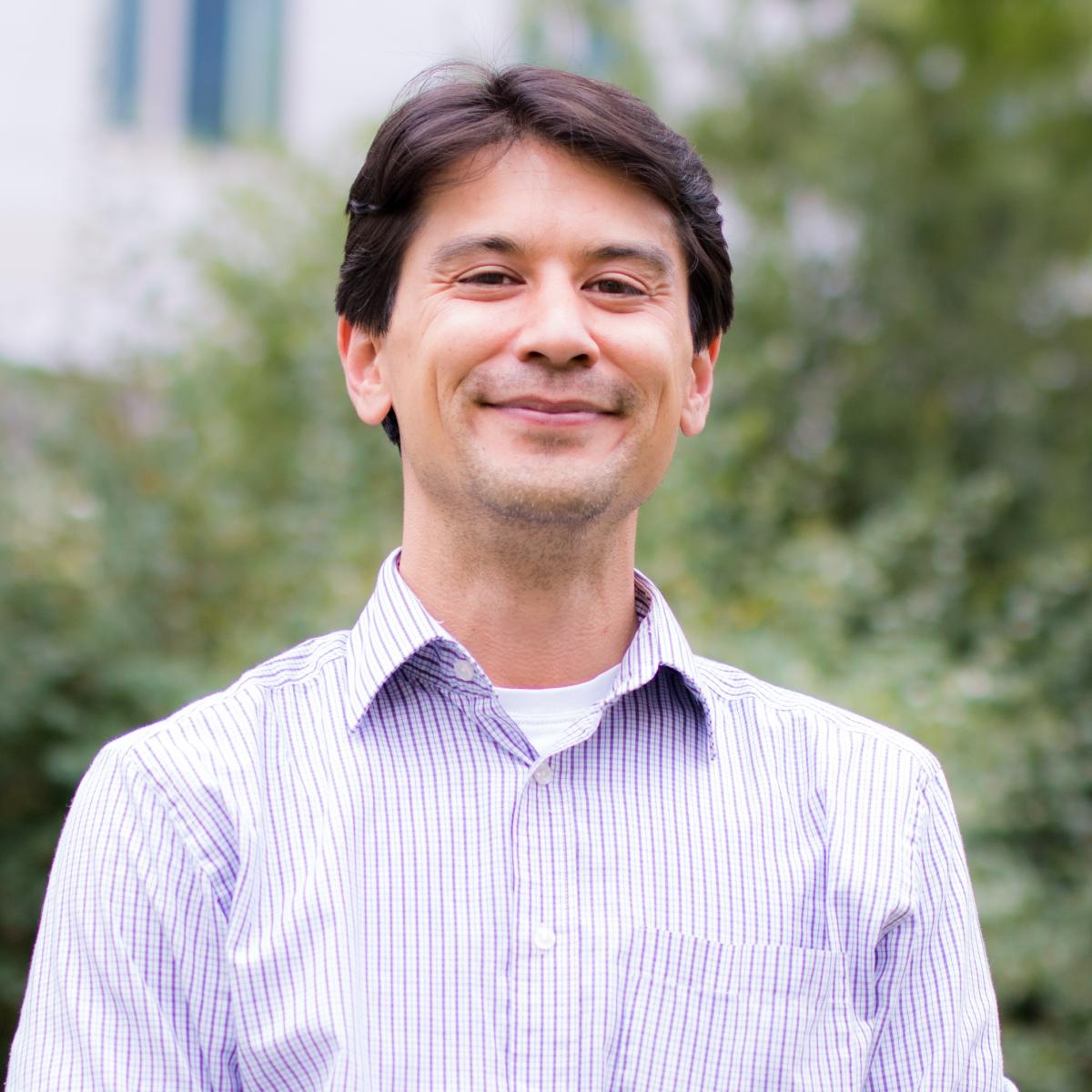 | Michael Barankin, PhD Barankin studied chemical engineering with a focus on semiconductor manufacturing at the University of California, where he earned his BS and PhD. Barankin completed research on the use of atmospheric pressure plasmas for coating deposition, along with the production of nanoparticles and atomic clusters in plasma and spark discharges, respectively. Since then, Barankin’s research shifted to renewable energy while working at EnTranCe and for the European Renewable Energy Research Centre master’s program. Barankin was also a lecturer and researcher at the Hanze University of Applied Sciences in Groningen, Netherlands. |
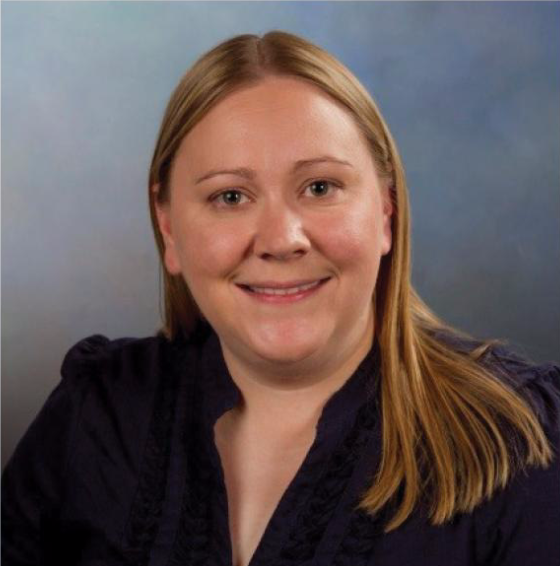 | Amy Clarke Clarke is the site director for the Center for Advanced Non-Ferrous Structural Alloys and is affiliated with the Advanced Steel Processing and Products Research Center at Mines. She is also a guest scientist at Los Alamos National Laboratory. Her current research focuses on making, measuring and modeling metallic alloys during processing. This includes x-ray, proton and electron imaging of multi-scale solidification dynamics at national user facilities, the study of phase transformations and microstructural evolution and non-ferrous and ferrous physical metallurgy. Clarke earned her BS from Michigan Technological University and her MS and PhD in metallurgical and material engineering from Mines. Prior to joining Mines, she was a Scientist and Seaborg Institute Postdoctoral Fellow at LANL and Senior Engineer – Development/Research at Caterpillar Inc. Clarke has received a U.S. DOE Office of Science Early Career Research Program Award; a Presidential Early Career Award for Scientists and Engineers, the MTU Alumni Association’s Outstanding Young Alumni Award; The Minerals, Metals, and Materials/Federation of European Materials Societies and TMS/Japan Institute of Metals Young Leader International Scholar Awards; a TMS Young Leader Professional Development Award; and the Willy Korf Award for Young Excellence for her work on steels. |
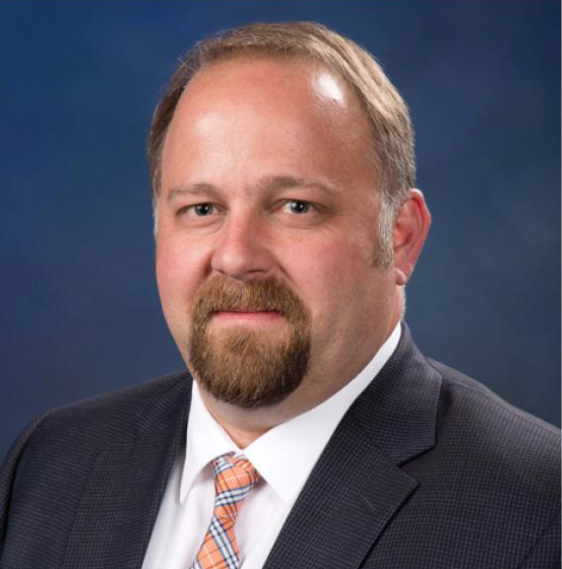 | Kester Clarke Clarke is engaging in research with the Advanced Steel Processing and Products Research Center and the Center for Advanced Non-Ferrous Structural Alloys. His interests include alloy development, material deformation and fabrication processes and the use of experimental and modeling methods to examine the effect of material processing history and microstructure on mechanical properties and performance. Clarke holds a BA in psychology from Indiana University, a BS in materials science and engineering from Wayne State University and a MS and PhD in metallurgical and materials engineering from Mines. He conducted postdoctoral research at Los Alamos National Laboratory and has been an R&D scientist/engineer in the Materials Science & Technology: Metallurgy group, serving as the technical lead for thermal-mechanical processing of metals and metal component fabrication since 2011. Clarke is also currently a visiting scientist at LANL. |
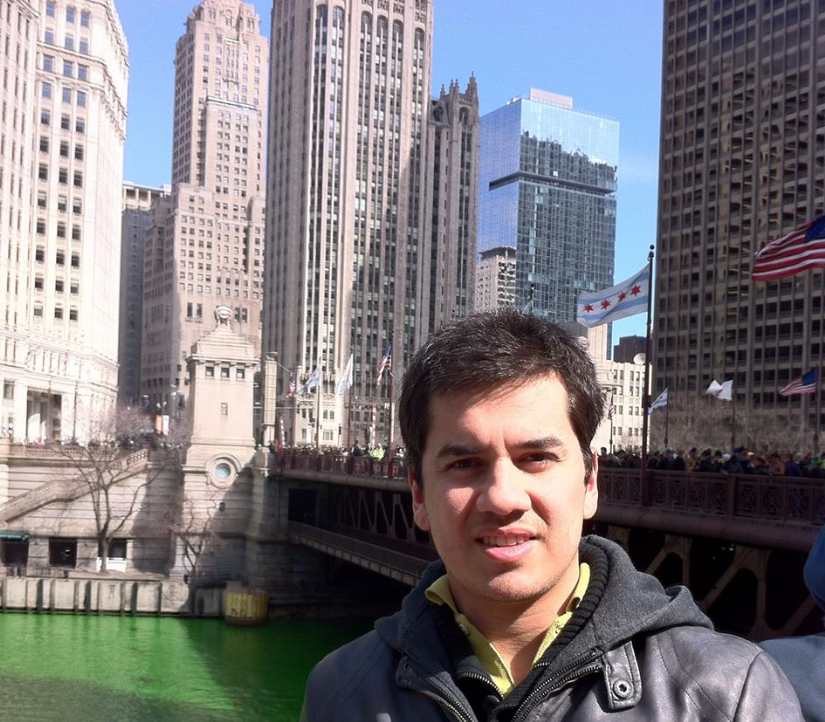 | Diego Armando Gómez-Gualdrón Gómez-Gualdrón obtained his BS in chemical engineering from Universidad Industrial de Santander in Colombia and his PhD in materials science and engineering from Texas A&M University. During his PhD, he investigated ways to design “chiral selective” catalysts that could produce structurally homogeneous carbon nanotube samples during large-scale, chemical vapor deposition synthesis. For this work, Gómez-Gualdrón was granted the Silver Graduate Student Award from the Materials Research Society. As a postdoctoral fellow at Northwestern University, in collaboration with experimentalists, Gómez-Gualdrón applied his expertise in molecular modeling to develop new metal-organic frameworks for applications in storage of gas fuels, carbon capture and catalysis. For this work, he was granted the Outstanding Researcher Award from the International Institute for Nanotechnology. Gómez-Gualdrón also has contributed to the development of nanomaterials for applications in energy technologies and chemical processing, accomplished through the application and development of molecular modeling and other computational methods to investigate and predict the thermodynamic, kinetic and electronic properties of materials. |
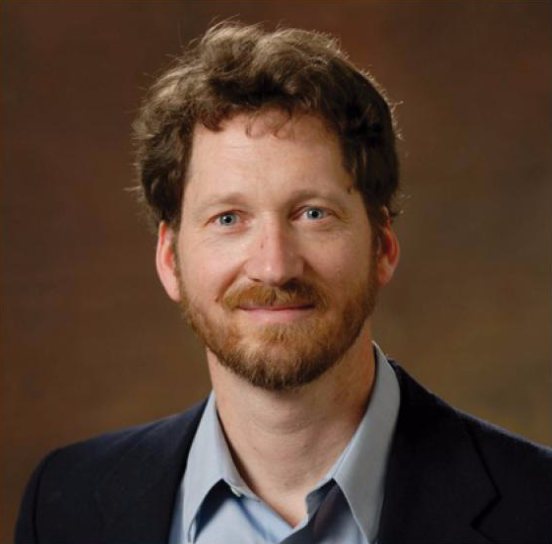 | Angus Rockett Rockett holds a ScB in physics from Brown University and a PhD in metallurgy/materials science and engineering from the University of Illinois. He is a professor emeritus in the Department of Materials Science and Engineering at the University of Illinois and has won numerous awards for teaching and advising. He has studied the basic science of solar cell materials and the operation of solar cell devices, using virtually all of the common materials, microchemical and microstructural analysis techniques from SIMS and TEM to STM and photoluminescence. Rockett’s research group also developed numerical models of photovoltaic and photoelectrochemical cells. He also worked on self-assembled nanostructures, MEMS devices, silicide reactions for VLSI contacts, Si-Ge oxidation kinetics for gate dielectrics, superconducting cavity resonators as temperature probes and optical spectroscopic analysis of combustion. Rockett is a fellow of the American Vacuum Society, serving as president in 2011; was the 2012 program chair and the 2016 general chair of the IEEE Photovoltaic Specialists Conference; and was a rotating research program administrator at the Office of Basic Energy Sciences at the U.S. Department of Energy in 2000. |
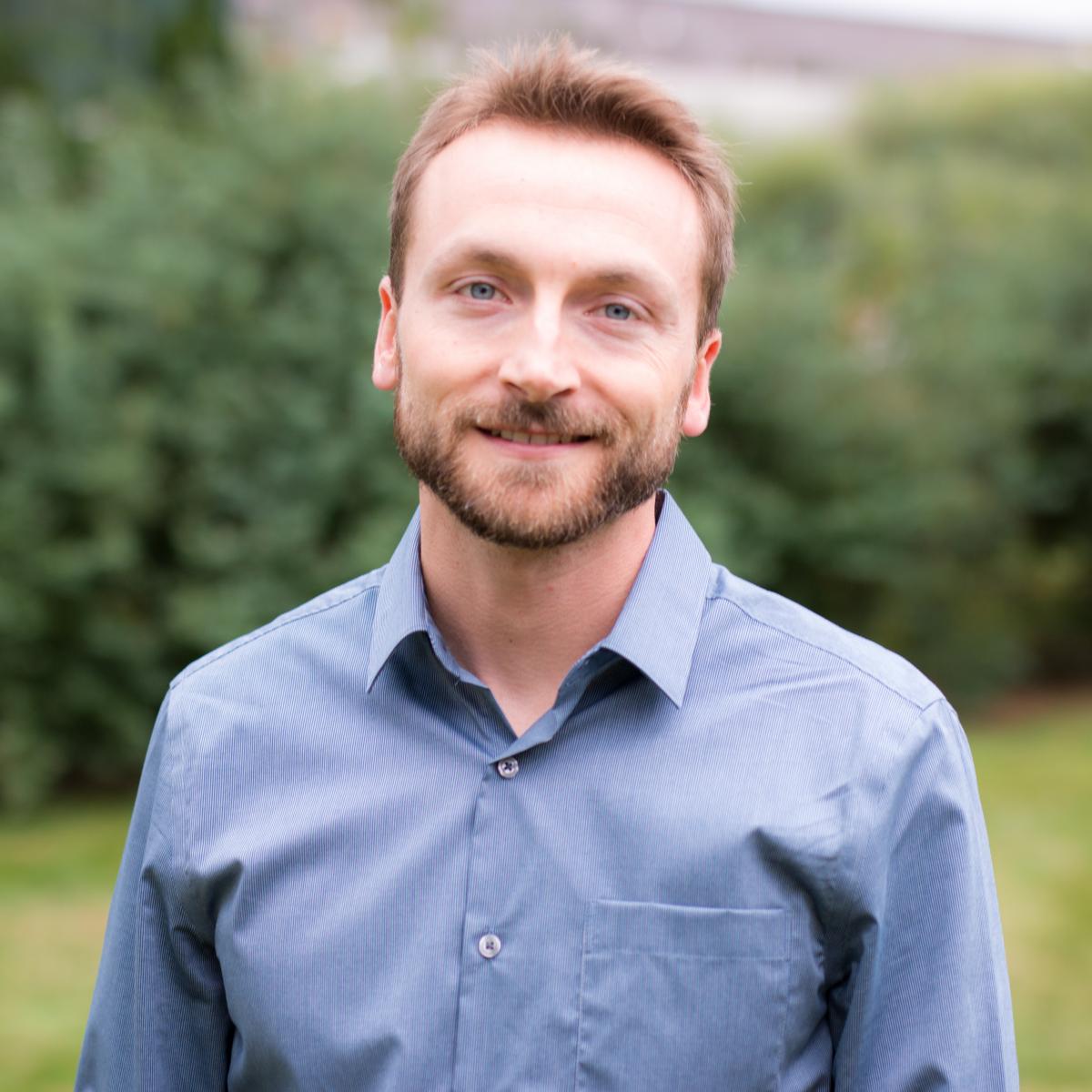 | Joseph Samaniuk Samaniuk earned his PhD in chemical engineering at the University of Wisconsin-Madison for his work investigating the rheological properties of lignocellulosic biomass. He earned his BS and MS in chemical engineering from Virginia Tech. After obtaining his PhD, he was awarded a Pegasus Marie Curie Postdoctoral Fellowship from the Belgium Science Foundation Fonds Wetenschappelijk Onderzoek to investigate the use of microrheological methods at fluid-fluid interfaces in the University of Leuven’s Department of Chemical Engineering. He also completed a postdoc at ETH Zürich, with research focusing on the dynamics of soft matter systems at fluid-fluid interfaces for the purpose of developing advanced materials such as conductive thin films and 2D polymer membranes. He also continued to work on interfacial phenomena with a greater focus on developing advanced materials from systems at fluid-fluid interfaces. His research interests focus on linking microstructure and material behavior—links that enable one to design new experimental methods for the laboratory, formulate novel advanced materials and propose new strategies for solving important industrial problems. |
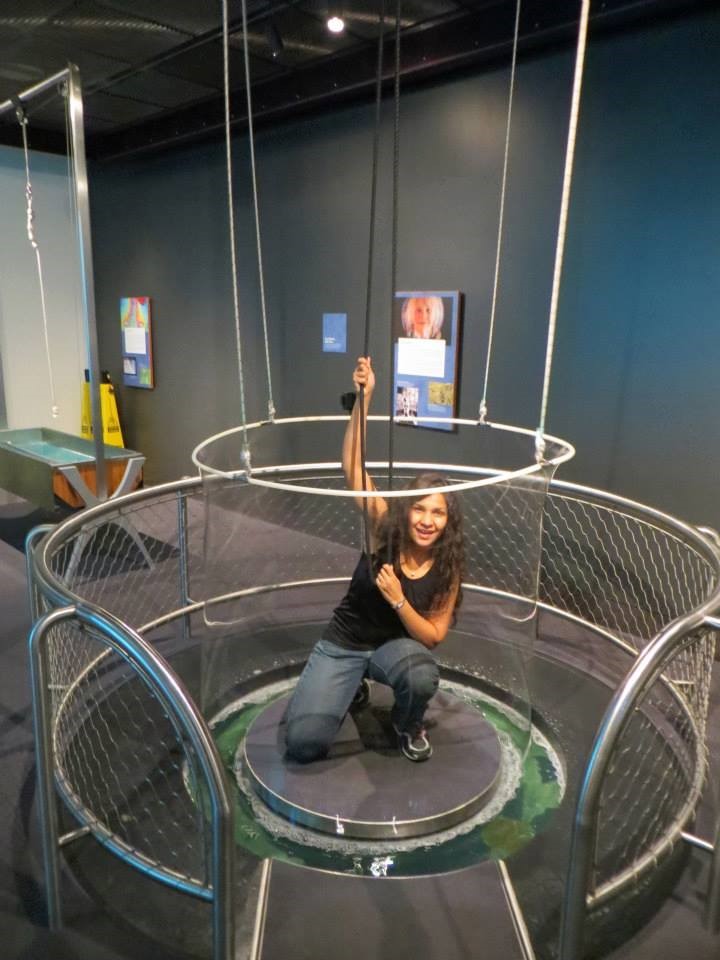 | Meenakshi Singh Singh is a postdoctoral scholar at Sandia National Laboratories. Her research targets the development of semiconducting quantum computers with a focus toward donor-based spin qubits. She graduated with a PhD in physics from Pennsylvania State University with a thesis focusing on quantum transport in nanowires. Singh has received several awards for excellence in coursework and research. In addition to research, she is interested in science education and outreach and has mentored five undergraduate students participating in the National Science Foundation’s Research for Undergraduates program. Her service record includes serving as treasurer for the Physics and Astronomy for Women Society at Pennsylvania State University, which provides a forum to discuss issues women face while seeking scientific degrees and careers. She also has research interest in superconductivity and macroscopic quantum phenomena, with a view toward hybridizing superconductors with other systems to access novel phenomena and applications. |
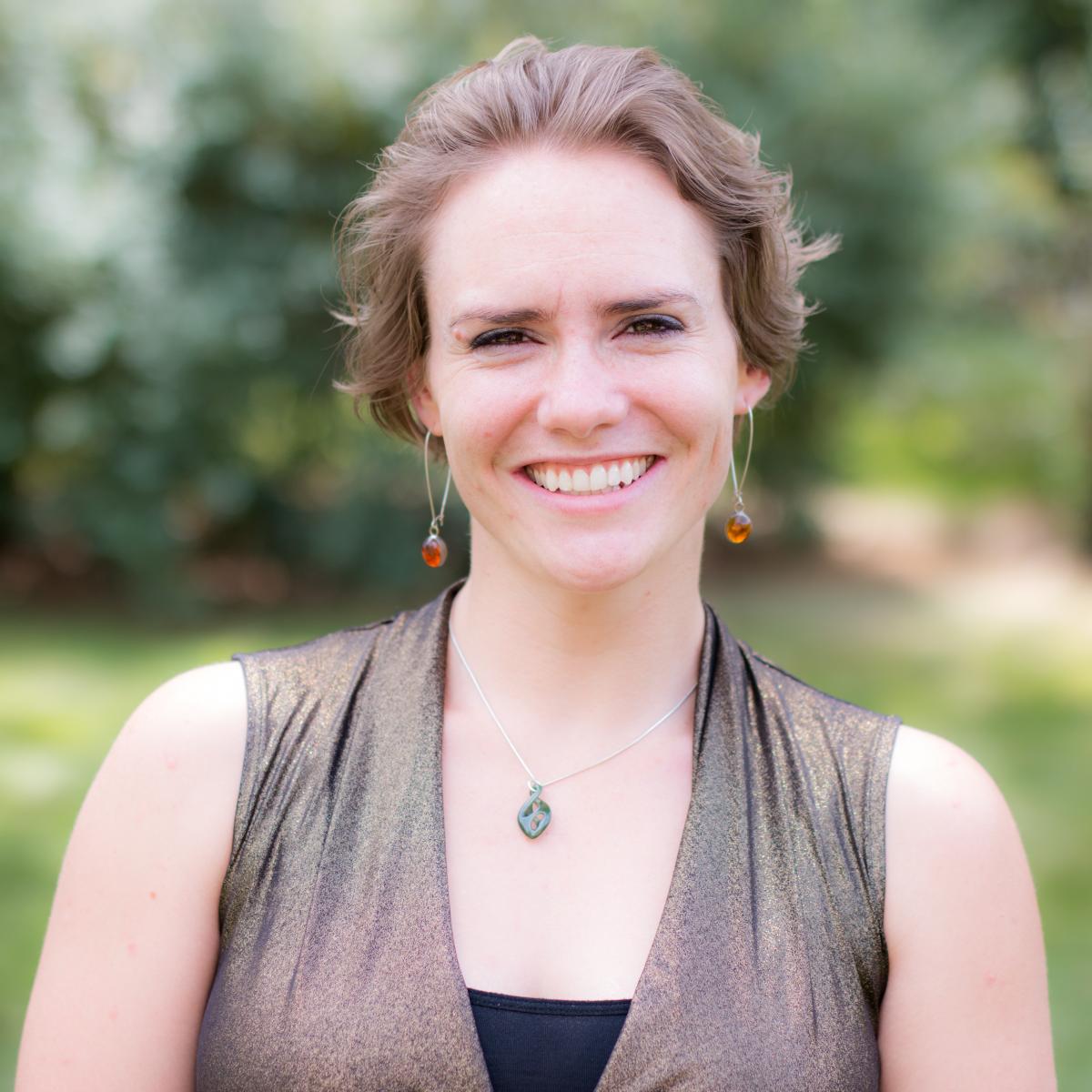 | Bethany Wilcox Wilcox completed a BA in physics and astronomy and received a PhD in physics from the University of Colorado Boulder. Her thesis research was in the field of physics education, with a specific focus on student learning in upper-division undergraduate physics courses. During her graduate career, she studied students’ use of sophisticated mathematical tools during physics problem-solving in order to better understand the challenges that students encounter in this process. She also developed and demonstrated the statistical validity of a multiple-response conceptual assessment designed to measure students’ reasoning around topics in upper-division electrostatics. After completing her PhD, Wilcox accepted a postdoctoral position, during which she was responsible for the statistical validation of another research-based assessment targeting students’ views on the nature of experimental physics. Wilcox is also a strong advocate for working to make physics a discipline that explicitly supports and encourages the participation of historically underrepresented groups, such as women and minorities. |
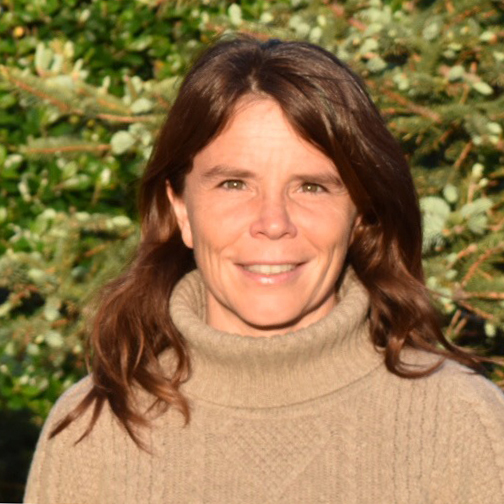 | Jennifer Wilcox Wilcox earned a BA in mathematics from Wellesley College and a PhD in chemical engineering from the University of Arizona. Her research involves the coupling of theory to experimentation to test newly designed materials for sorbent or catalytic potential, and within her research group, she focuses on trace metal and CO2 capture. Wilcox received an ARO Young Investigator Award (Membrane Design for Optimal Hydrogen Separation), an ACS PRF Young Investigator Award (Heterogeneous Kinetics of Mercury in Combustion Flue Gas), and an NSF CAREER Award (Arsenic and Selenium Speciation in Combustion Flue Gas). She has served on a number of committees, including the National Academy of Sciences and the American Physical Society, to assess CO2 capture methods and impacts on climate. |
College of Engineering and Computational Sciences
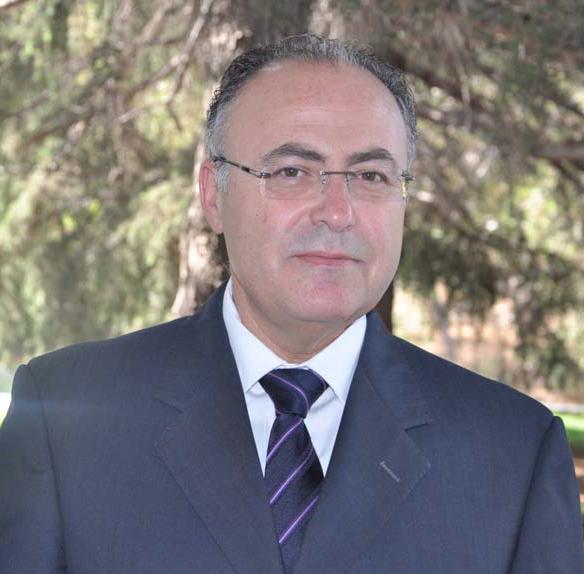 | Abd A. Arkadan Arkadan’s teaching and research interests include energy conversion, electric machines and drives and design optimization using computation electromagnetics and artificial intelligence techniques. His research applications are in renewable and efficient energy and power systems, micro-grids, onboard aerospace and marine power systems and hybrid electric vehicles. He is a fellow of the Institute of Electrical and Electronics Engineers and a fellow of the Applied Computational Electromagnetics Society. |
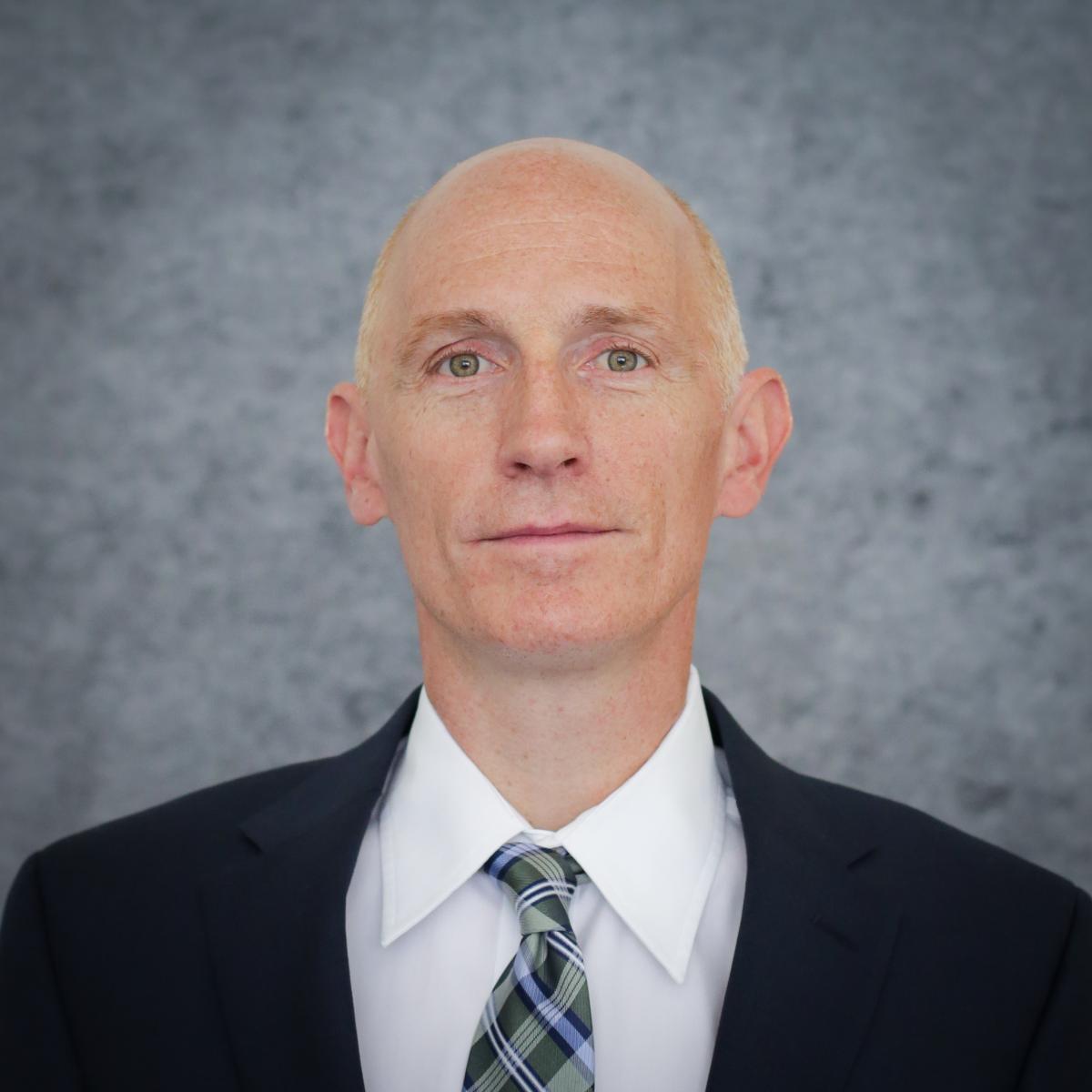 | Chris Coulston |
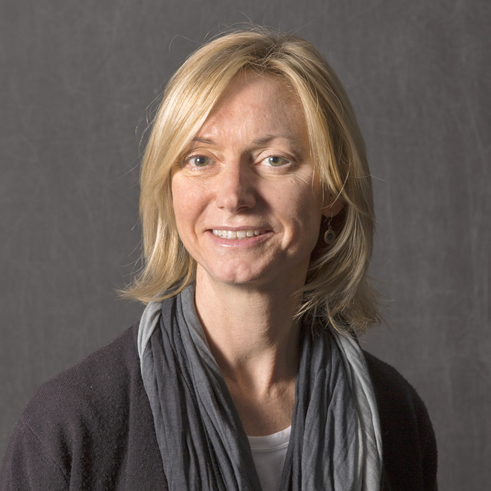 | Kristine Csavina Csavina received a BS in mechanical engineering from the University of Dayton and a PhD in bioengineering from Arizona State University. Csavina’s research interests include motion analysis of human motion in movement disorders, orthopedics and sports; human motion aided by wearable technologies; and engineering education research in student learning and pedagogical approaches. She was formerly an associate director for engineering program innovation in The Polytechnic School of Engineering and Manufacturing Engineering in the Ira A. Fulton Schools of Engineering at ASU. She was the lead instructor for the senior capstone design experience, where she taught design and professional skills and managed over 20 student teams on eProjects (industry-partnered capstone experiences). She was also active with the ABET accreditation, helping to develop the course assessment and program evaluation process for the department. Prior to ASU, Csavina was a founding faculty in the U.A. Whitaker College of Engineering at Florida Gulf Coast University. As an assistant professor, she helped develop the curriculum for the bioengineering design courses and biomechanics and was involved in teaching courses from the sophomore to senior levels. Csavina had active research in biomechanics in partnership with physical therapy faculty at FGCU, including studies with Parkinson’s disease and stroke patients. |
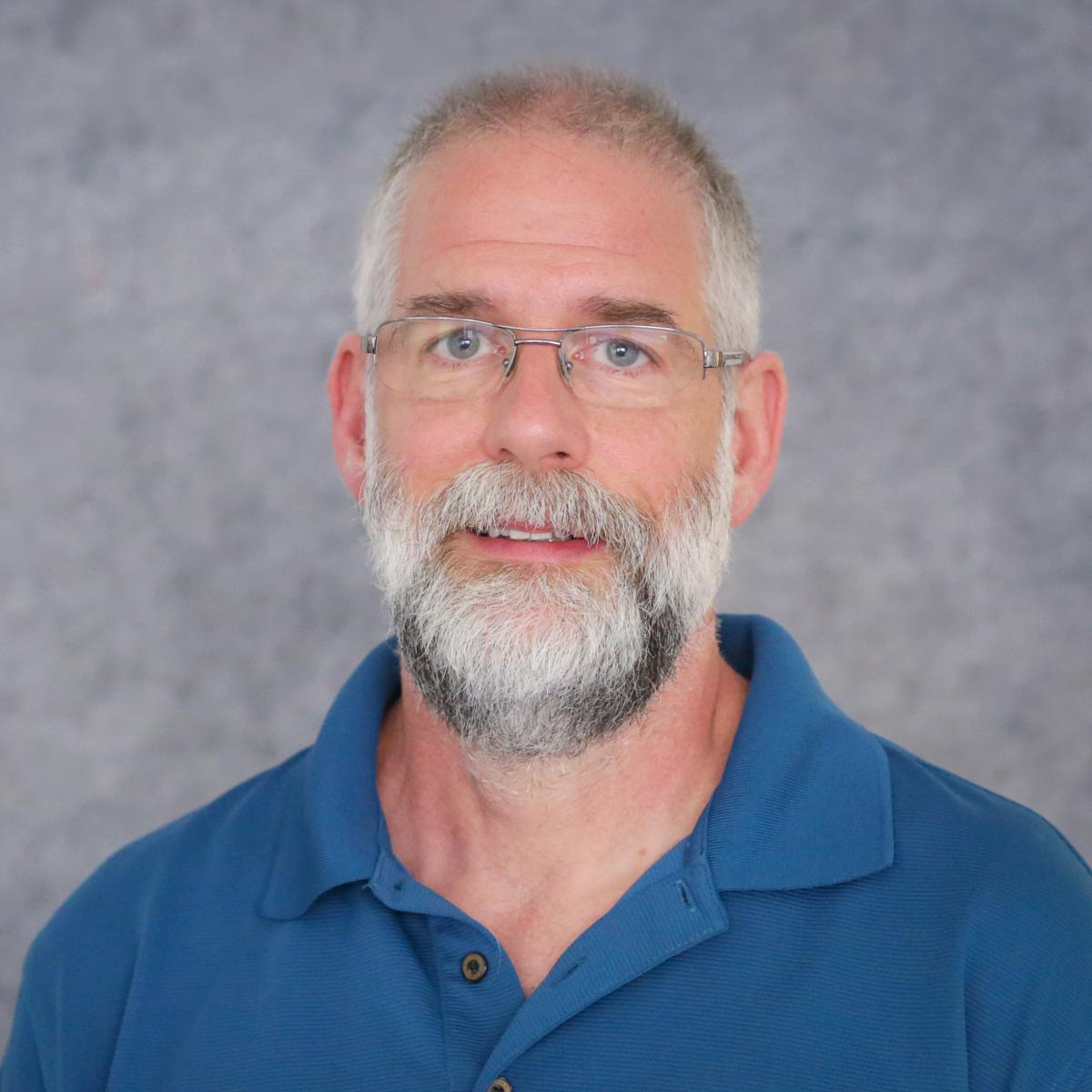 | Gregory Fasshauer Fasshauer spent the last 19 years at the Illinois Institute of Technology in Chicago, where he was a professor and associate department chair of applied mathematics. While there, he helped create an environment for excellence in teaching and learning as the Director of Undergraduate Studies in the Applied Math Department and as a Distinguished Teaching Fellow of the College of Science. Fasshauer holds Diplom and Staatsexam degrees in mathematics and English from the University of Stuttgart in Germany, as well as a MA and PhD in mathematics from Vanderbilt University. Fasshauer also spent two years as a visiting assistant professor in the mathematics department at Northwestern University. Fasshauer’s research interests lie in computational mathematics with a particular focus on the theory and applications of kernel-based approximation methods. |
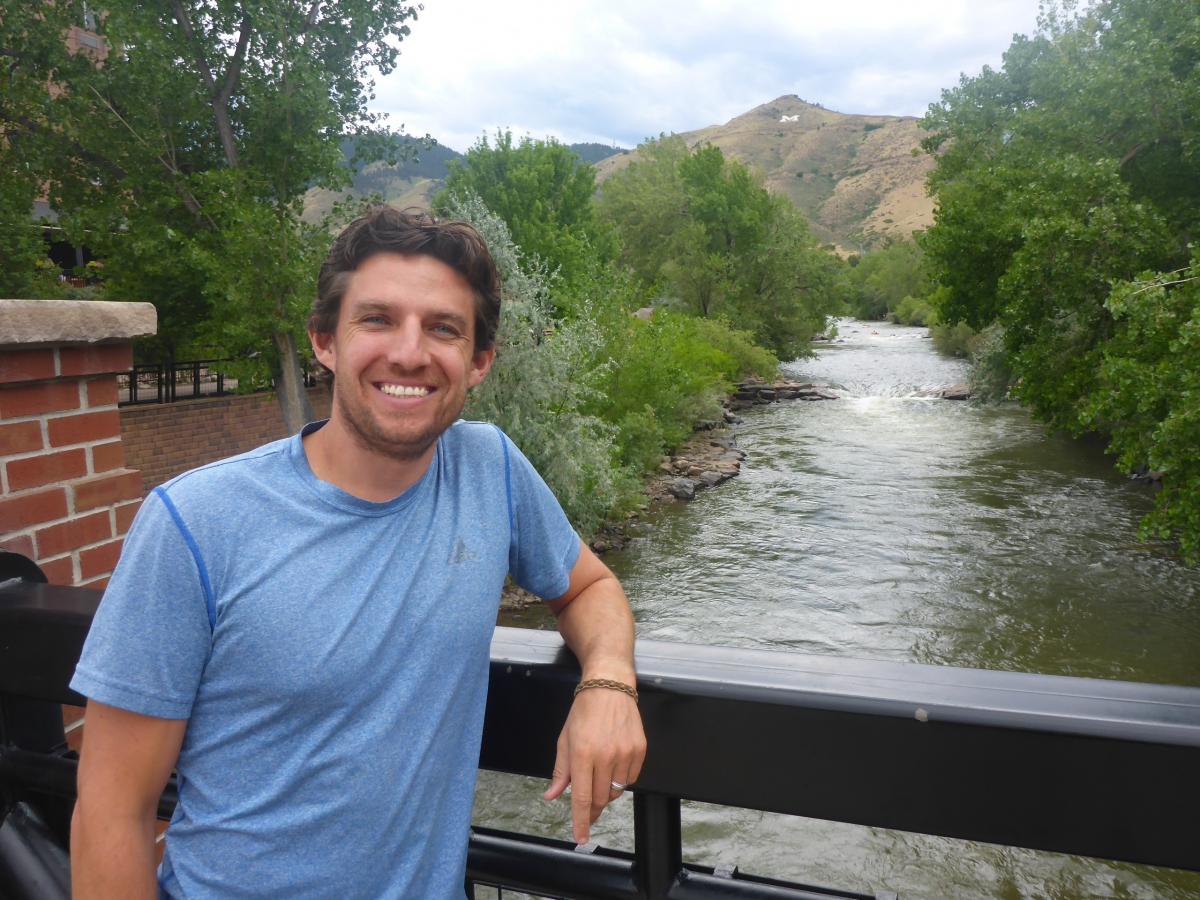 | Kristoph-Dietrich Kinzli Kinzli graduated from Colorado State University with a BS in civil engineering. During his time as an undergraduate student, he also studied at the Technische Universitaet Dortmund in Germany. He also obtained a MS in civil engineering, MS in fisheries biology and PhD in civil engineering from Colorado State University. His dissertation research focused on improving irrigation water use efficiency along the Middle Rio Grande. Kinzli has worked on research projects in Colorado with the Department of Fish and Wildlife and in New Mexico with the Interstate Stream Commission, the Bureau of Reclamation, New Mexico Tech and the Middle Rio Grande Conservancy District. His research interests include engineering teaching pedagogy, open channel hydraulics, river mechanics, stream rehabilitation, groundwater, water resources, agricultural water use, fisheries biology and ecological restoration. Kinzli is highly involved with the ASCE ExCEEd Teaching Workshop and was selected as an assistant mentor three times. In 2014 Dr. Kinzli was awarded the ASCE ExCEED New Faculty Excellence in Teaching Award and in 2015, he was selected to attend the NAE Frontiers of Engineering Education Symposium. |
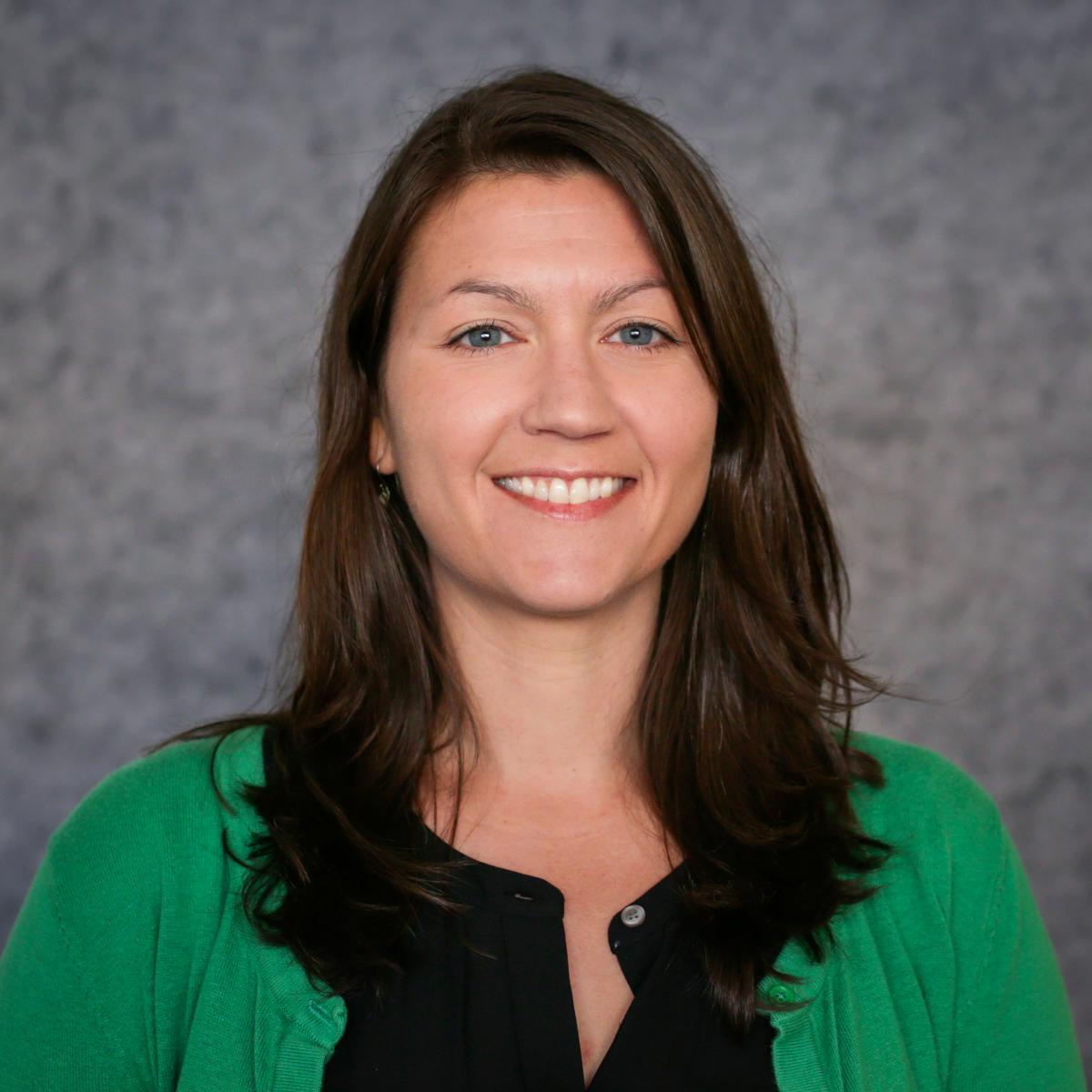 | Karin Leiderman Karin Leiderman joined the faculty as an assistant professor in the Department of Applied Mathematics and Statistics. She worked as an assistant professor of applied mathematics in the School of Natural Sciences at the University of California Merced for the past four years. Prior to joining the faculty at UC Merced, she was a visiting assistant professor in the Department of Mathematics at Duke University and received her PhD in mathematics from the University of Utah. For her PhD thesis, she developed a spatial-temporal mathematical model of the formation of blood clots under flow and was awarded the SIAM student paper prize for this work. For her postdoc, she worked to develop numerical methods for fluid/structure interaction problems involving low Reynolds number and porous media flow. Leiderman’s research aims at understanding biological systems through the use of mathematics, mathematical modeling and numerical computation. She also has general interest and expertise in computational modeling of blood clotting, biological fluid dynamics, biomechanics, biochemistry, flow through porous materials and scientific computing. |
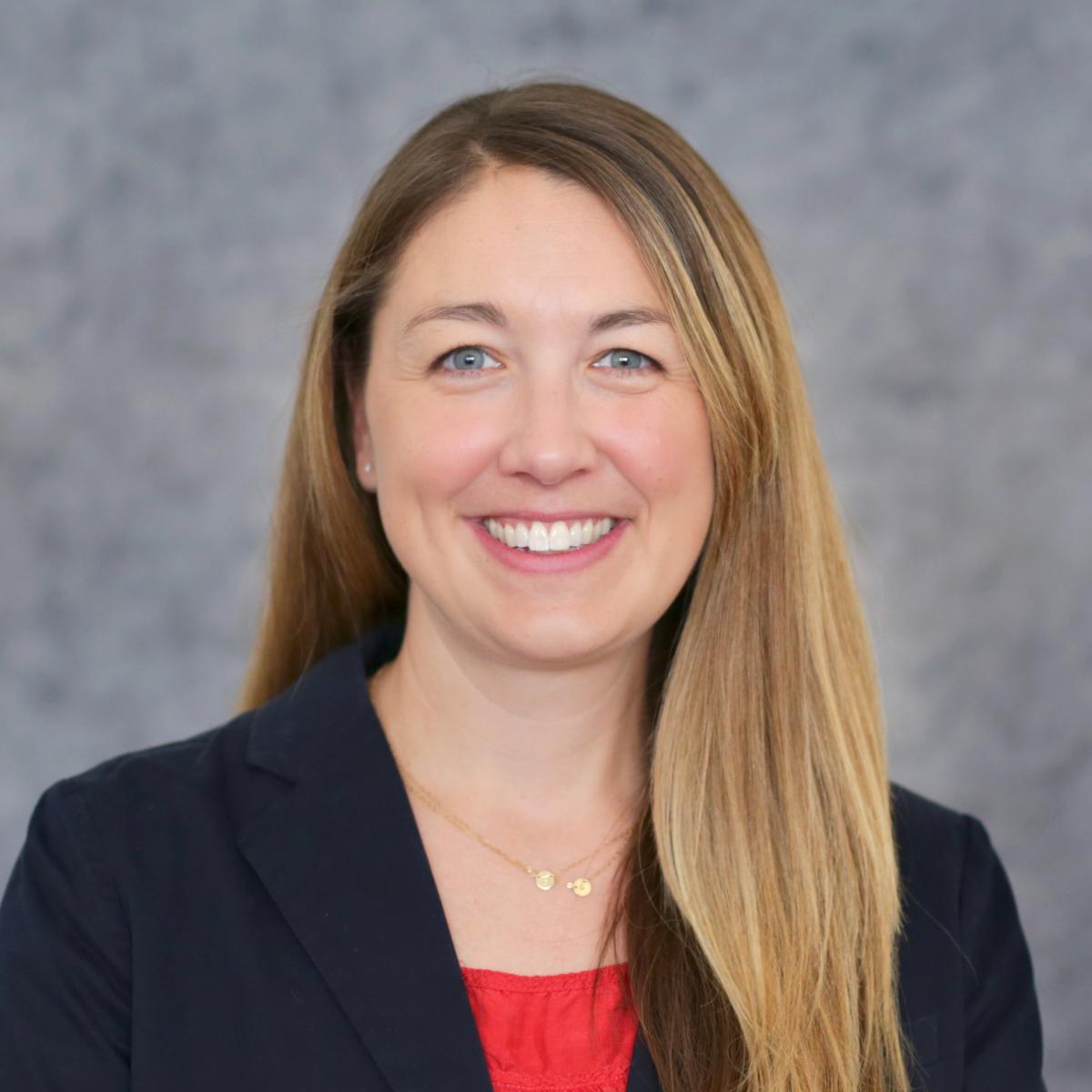 | Ashlyn Munson Munson completed her PhD in statistics at Mines where she studied efficient methods of case-control sampling under the advisement of Professor William Navidi. She spent the last seven years as an assistant professor in the mathematics department at Pacific Lutheran University in Tacoma, Washington, where she advised the statistics minor within the natural sciences. While at PLU, her research efforts mainly focused on the assessment and development of new curriculum methodology in the STEM disciplines. |
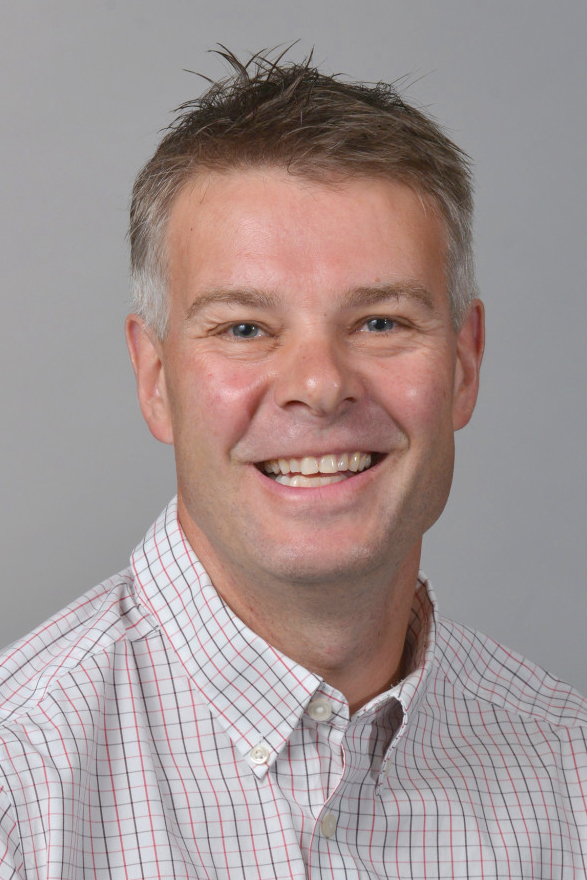 | Oyvind Nilsen Nilsen grew up in Tønsberg, Norway where he earned a mechanical engineering degree and later earned his PhD in mechanical engineering from the University of Colorado. Nilsen’s interests include product development and innovations, and his expertise is in design, manufacturing, advanced system integration, thermal and fluidic system design as well as optics and sensors. His research experience also involves mechanics of materials, optics, sensors, physical modelling and MEMS and microfluidics. Nilsen was also the Director of Manufacturing and the cofounder of BiOptix Diagnostics Inc., where he took a technology he developed an optical biosensor system. He also has industrial experience, designing tools for the oil industry and experience as a naval officer. |
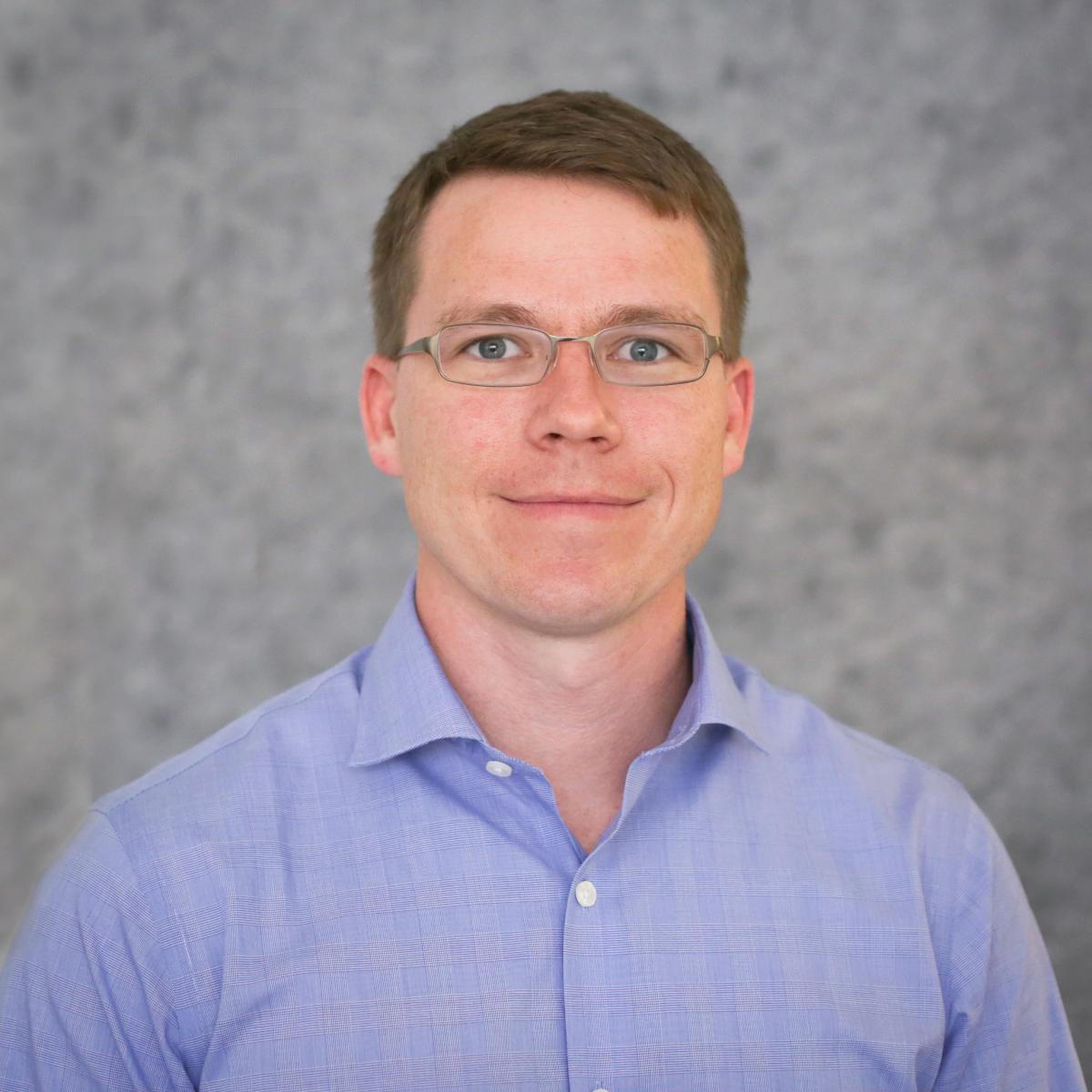 | Andrew Petruska Petruska graduated from Carnegie Mellon University with dual BS degrees in mechanical engineering and physics as well as a MS in mechanical engineering. He worked as a design engineer at ATK Launch Systems in Utah and was responsible for designing, testing and qualifying solid rocket motor components. In 2010, he enrolled at the University of Utah and was awarded a National Science Foundation Integrative Graduate Education and Research Traineeship to study noncontact magnetic manipulation. He received his PhD after developing the first real-time reconfigurable magnetic manipulation system. Petruska joined the Multiscale Robotics Laboratory in the Institute of Robotics and Intelligent Systems at ETH Zürich and was awarded a Max Planck ETH Center for Learning Systems fellowship, where he currently is investigating the magnetic manipulation of needles, endoscopes and catheters. His research interests are in the areas of complex system modeling and design, dynamics and control, advanced magnetic manipulation and search-and-rescue robotics. |
College of Earth Resource Sciences and Engineering
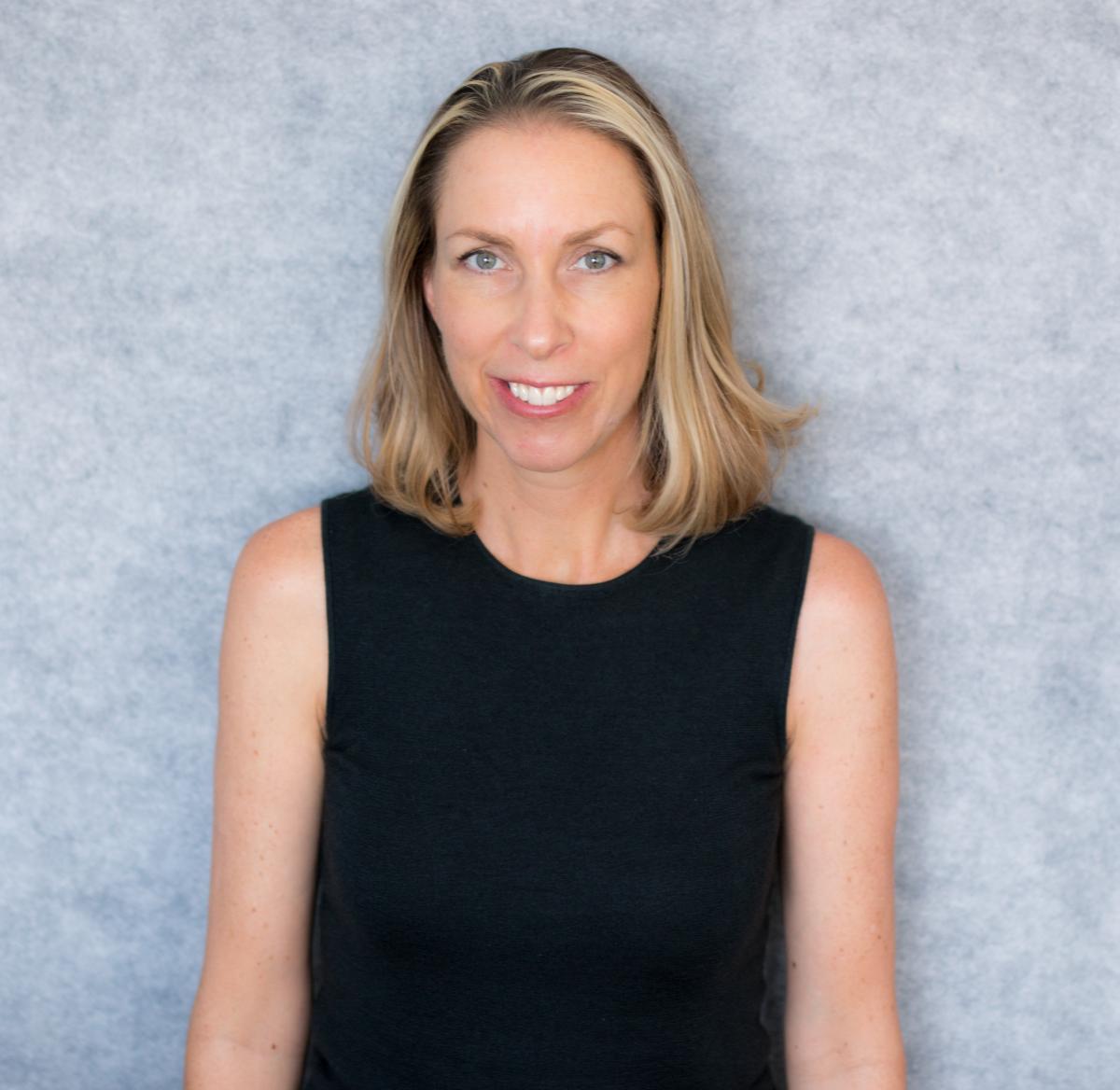 | Melanie Brandt For her thesis, Brant investigated the power of humor to effect political and social change. Her work necessitated multidisciplinary research and study, thereby creating a platform for understanding some fundamental elements of learning and communication that can be applied to many academic disciplines. She is interested in combining the humanities and STEM fields of study in innovative ways that bolster and enhance learning experiences for students. Brandt has taught a variety of writing and literature classes and has taught in Mines’ Design EPICS program since 2011. At Mines, Brant will teach Nature and Human Values and an integrated pilot course combining NHV and Design EPICS. |
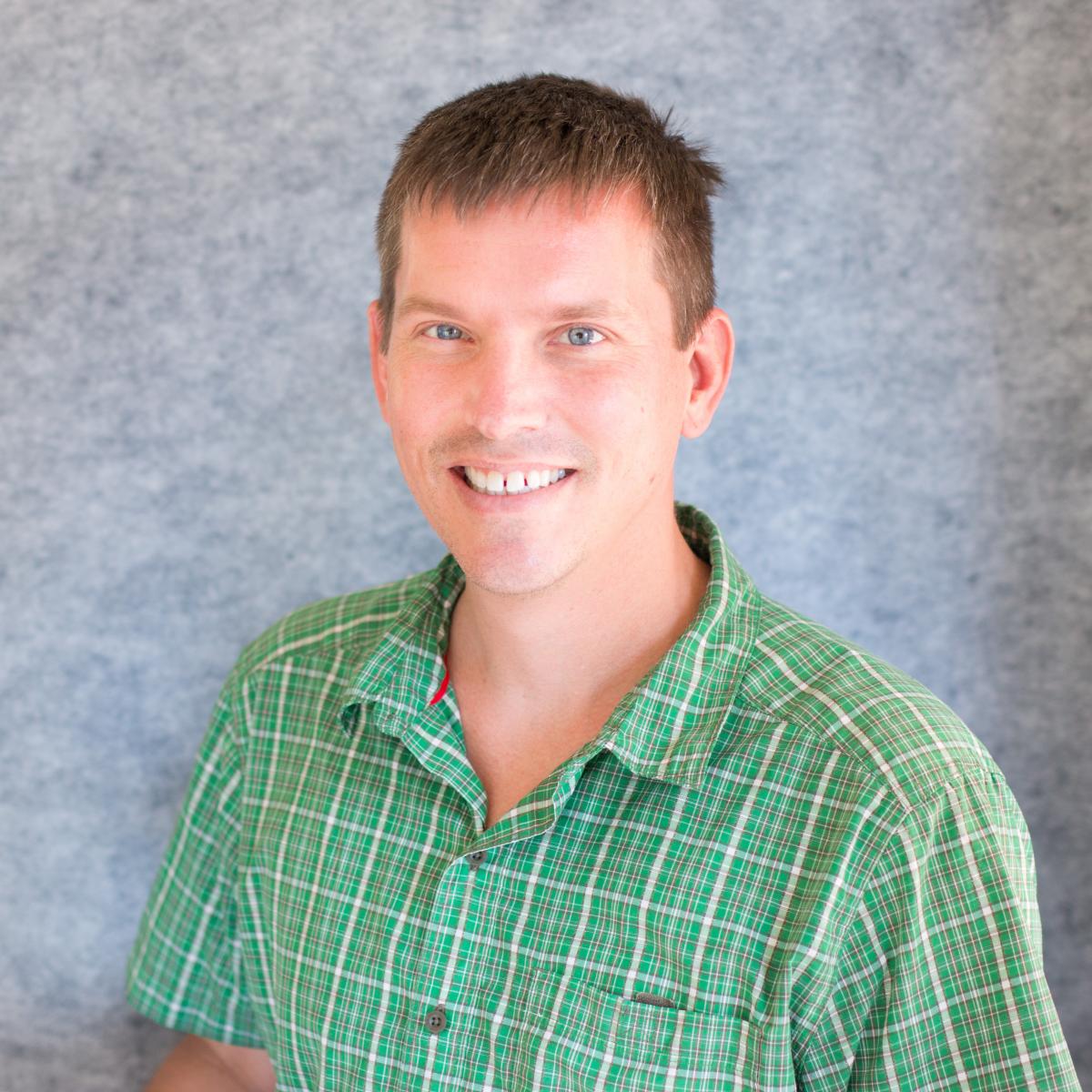 | Brandon Dugan Dugan is a hydrogeologist who couples theory, experiments, and models to understand the interactions of fluids and solids in Earth’s shallow crust. Dugan’s research group is using this approach to study natural resources (water, oil, and gas), natural hazards (landslides, earthquakes) and carbon storage. To inform and to test theoretical models and to collect experimental samples, Dugan regularly participates in geophysical, geological and drilling field programs. Dugan is a member of the Environmental Protection and Safety Panel of the International Ocean Discovery Program and a member of the National Science Foundation’s GeoPRISMS Steering and Oversight Committee. Dugan also served as a distinguished lecturer for Ocean Leadership to share ocean science with universities and communities. Before joining the geophysics faculty at Mines, Dugan earned a BS in geo-engineering from the University of Minnesota Twin Cities and a PhD in geosciences from Pennsylvania State University. He also completed a Mendenhall postdoctoral fellowship with the U.S. Geological Survey and was an assistant and associate professor of earth science at Rice University. |
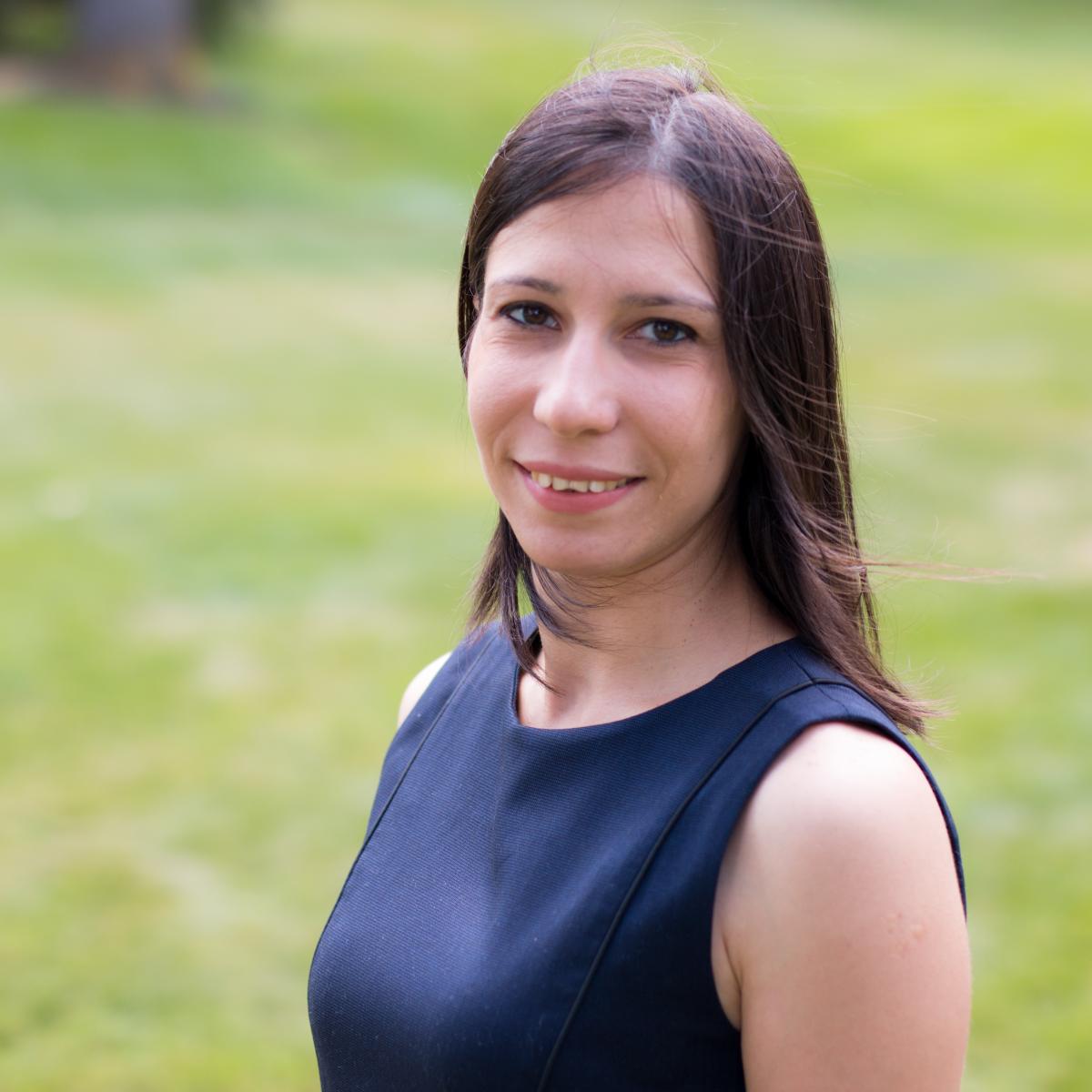 | Tülay Flamand Flamand received her PhD in Management Science, and previously she obtained her BS in mathematical engineering at Yıldız Technical University, and her MS in industrial engineering at Istanbul Technical University. Her research interests lie at the interface of operations management and marketing science with a strong methodological anchor in analytics and optimization. Particularly, her research focuses on retail analytics and novel optimization models for store-wide shelf space allocation and the maximization of consumer impulse purchases. |
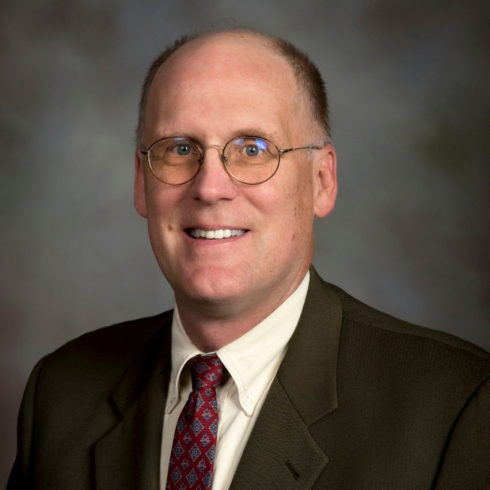 | Richard Hunt Hunt earned a BS from Rice University, a MA from Harvard University, a MBA from Stanford University and a PhD from the University of Colorado Boulder. Previously, he held an appointment in Strategic Management and Entrepreneurship at the Virginia Polytechnic Institute in Blacksburg, Virginia, where he taught undergraduate and graduate courses in strategic management and entrepreneurship. He also served as VT’s Faculty Research Director at the Center for Innovation and Entrepreneurship. Hunt’s research examines the intersection of entrepreneurship, innovation and strategy, including entrepreneurial environments, advantageous knowledge, new sector formation, modes of market entry and early-stage operational behavior. His approach employs transactions as the unit of analysis in order to capture meso-level effects, and he often juxtaposes contemporary data and distant, historical data in order to overcome proximity biases and inject a longitudinal dimension into the inquiry. |
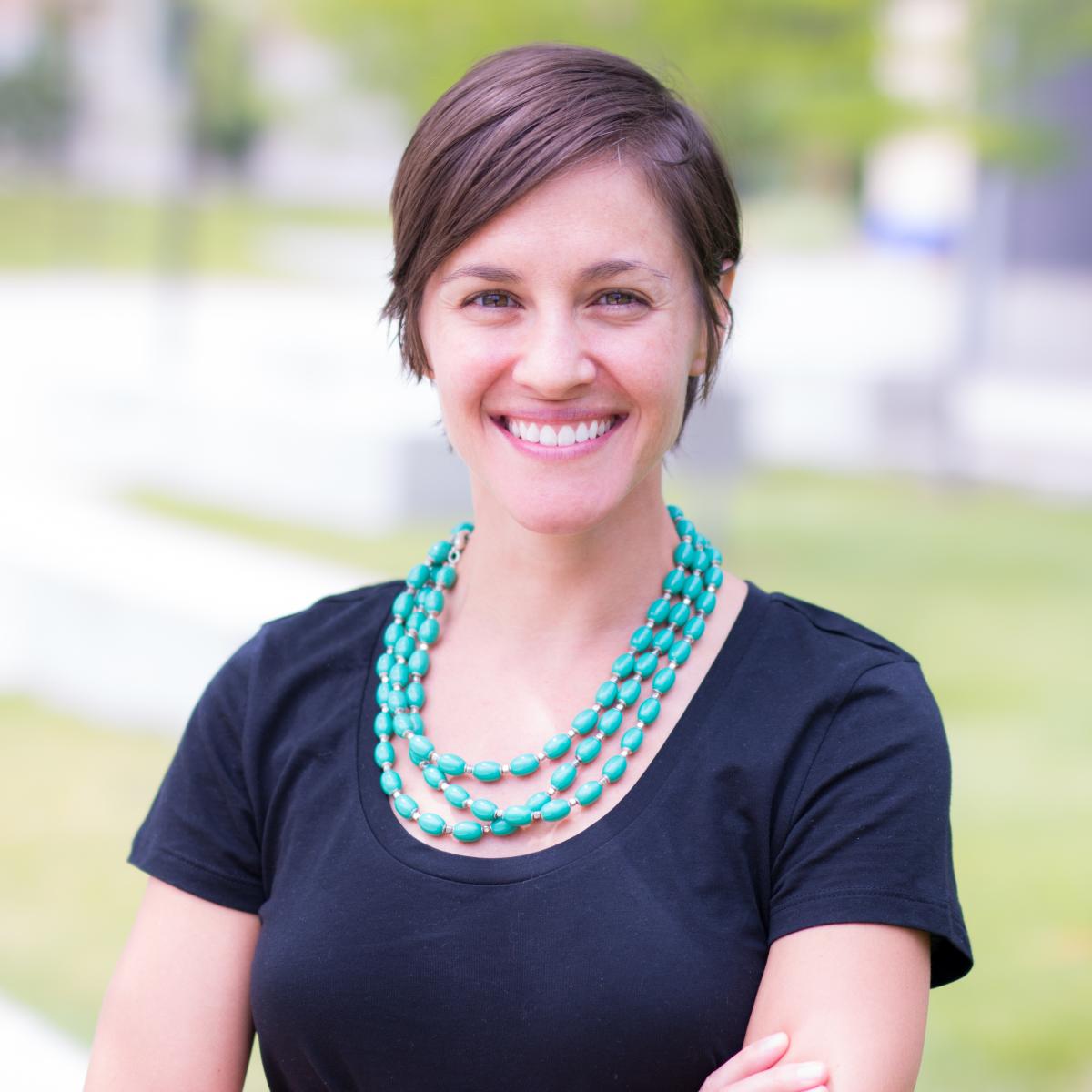 | Adrianne Kroepsch |
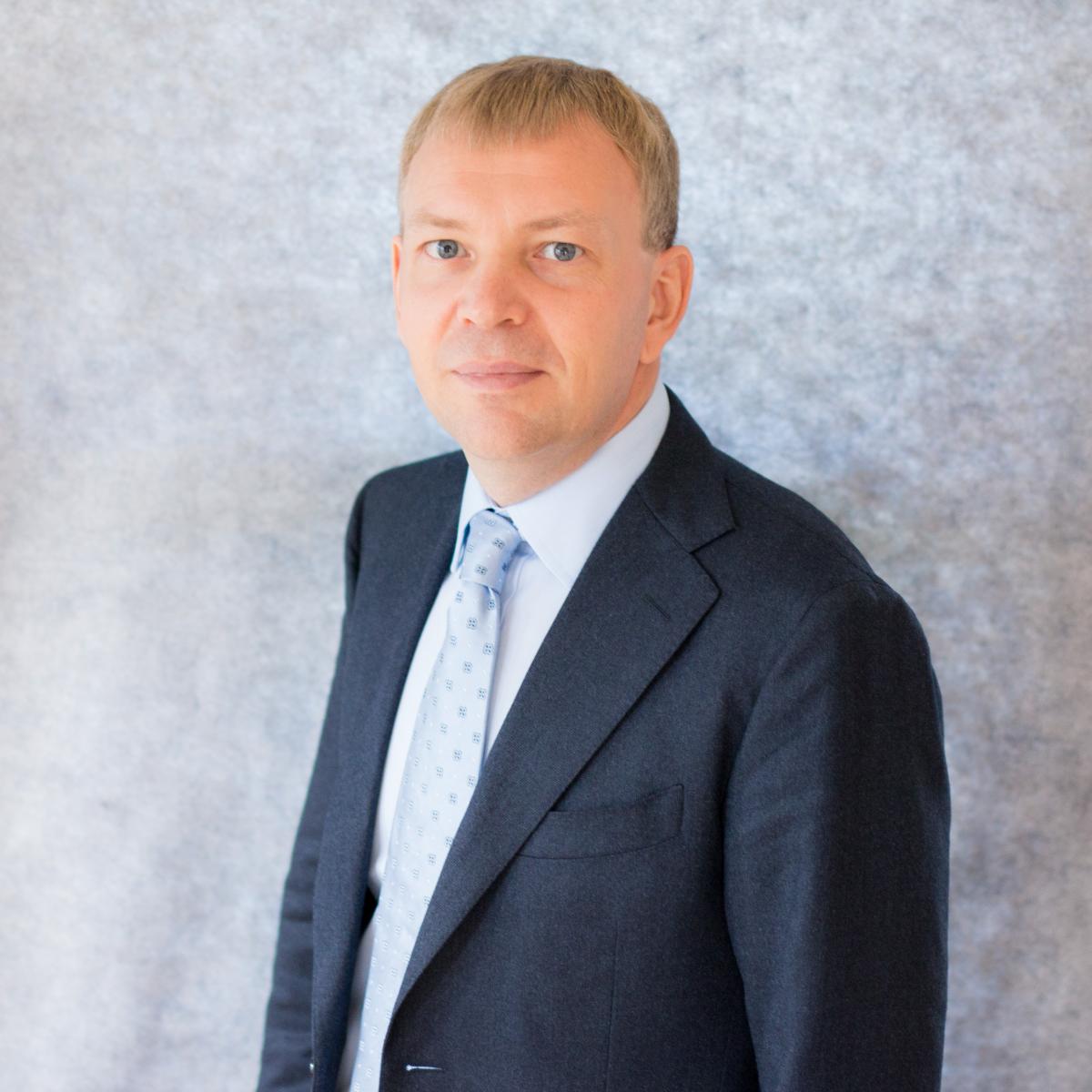 | Alexei Milkov |
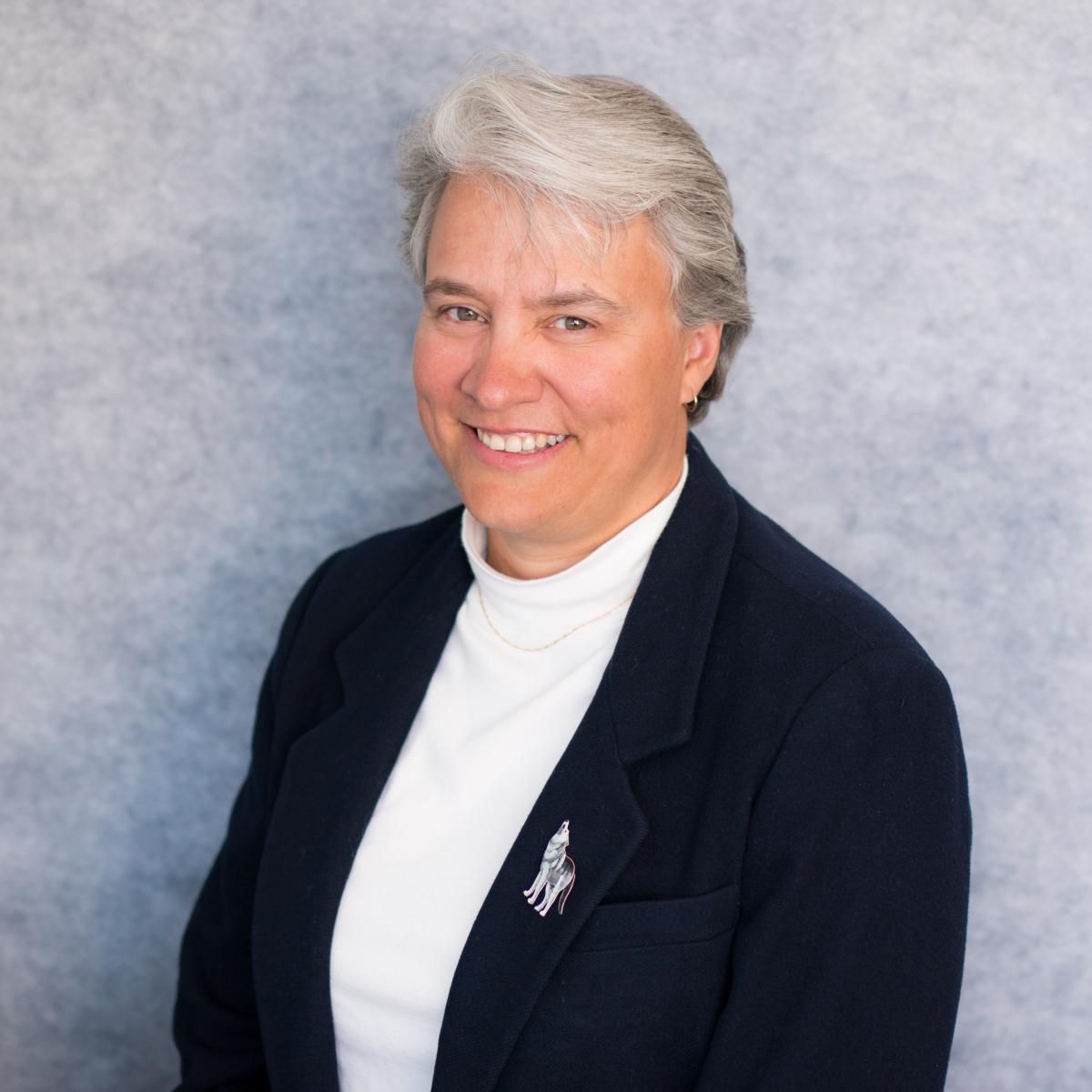 | Jennifer Miskimins Miskimins holds BS, MS, and PhD degrees in petroleum engineering and has more than 25 years of experience in the petroleum industry. Between her BS and graduate degrees, she worked for Marathon Oil Company in a variety of locations as a production engineer and supervisor. Miskimins taught at Mines from 2002-2013. From 2013-2016, she continued to hold a part-time appointment at Mines, advising research and graduate students, while working for Barree & Associates. In 2016, she returned full-time at Mines. Miskimins specializes in well completions, stimulation, hydraulic fracturing, and associated production issues. She is the founder and current co-Director of the Fracturing, Acidizing, Stimulation Technology (FAST) Consortium and also co-directs the Center for Earth Materials, Mechanics, and Characterization (CEMMC). Her research interest focus on the optimization of stimulation treatments and the importance of such on associated recovery efficiencies. Miskimins is currently the Completions Technical Director on the SPE International Board of Directors. She was an SPE Distinguished Lecturer in 2010-2011 and 2013-2014 on hydraulic fracturing in unconventional reservoirs. Miskimins serves on a variety of conference organizing committees and as a technical editor for various journals. She is a registered Professional Engineer in the State of Colorado (License #36193). |
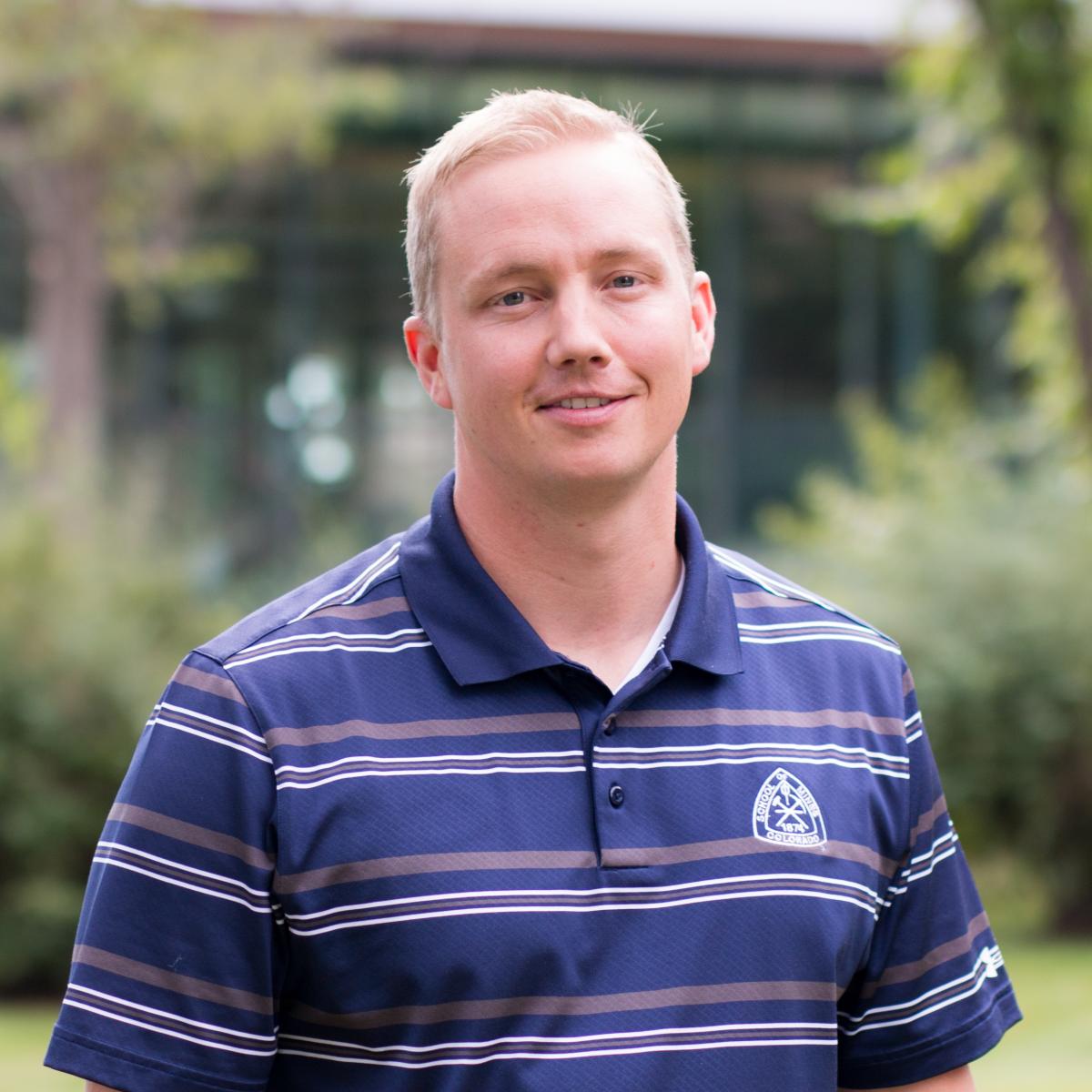 | Andrew Pederson Pederson received his BA in economics from Pacific Lutheran University and has a MT in taxation from University of Denver’s College of Law. Pederson worked as an adjunct professor in the Division of Economics and Business at Mines, teaching engineering economics to undergraduate students. Pederson also served as a teaching assistant for the Division of Economics and Business and the Division of Chemical and Biological Engineering at Mines. He also worked with Investment Evaluations Corporation and lectured at Mines’ SPACE short courses as well as in-house courses for over 20 companies, teaching economic evaluation and investment decision methods. |
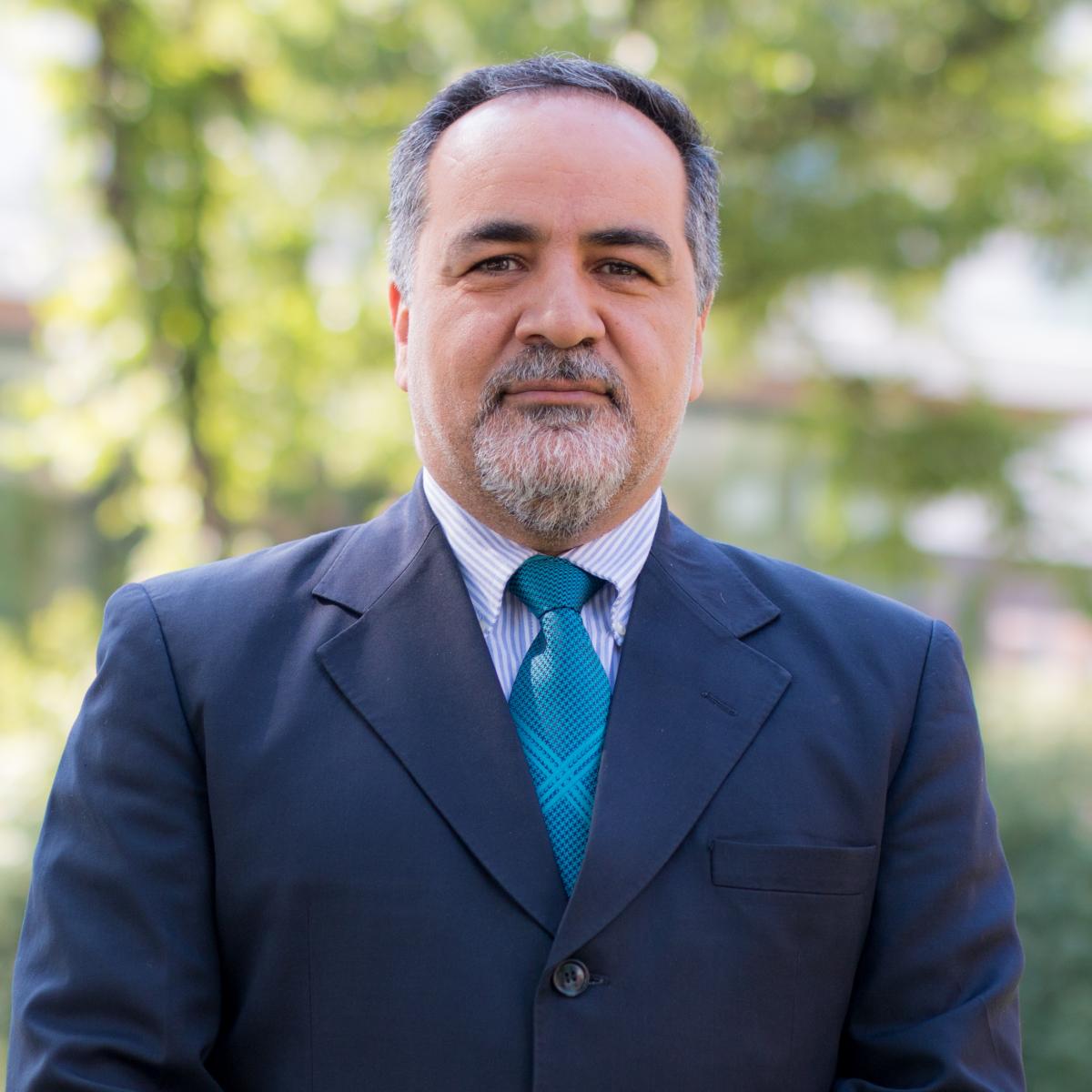 | Jamal Rostami Rostami received his BS in mining engineering from the University of Tehran and graduated from Mines with a MS and PhD in mining engineering. He was a member of the Mines research faculty until 2000 and was simultaneously a faculty member at the University of Tehran. He then was a full-time consultant with major A&E companies until he joined Pennsylvania State University as the Centennial Chair of Carrier Development in Mining in the Department of Energy and Mineral Engineering. Rostami has over 26 years of experience in design, management, research and teaching in the field of mining, tunneling and underground construction. He is a registered professional engineer in Maryland, Pennsylvania and Virginia. He was also the 2014 recipient of the Pittsburgh Coal Mining Institute of America’s Stephen McCann Memorial Educational Excellence Award. Rostami is also the founder of Professors Without Borders and a founding member of Iranian American Academics and Professionals. |
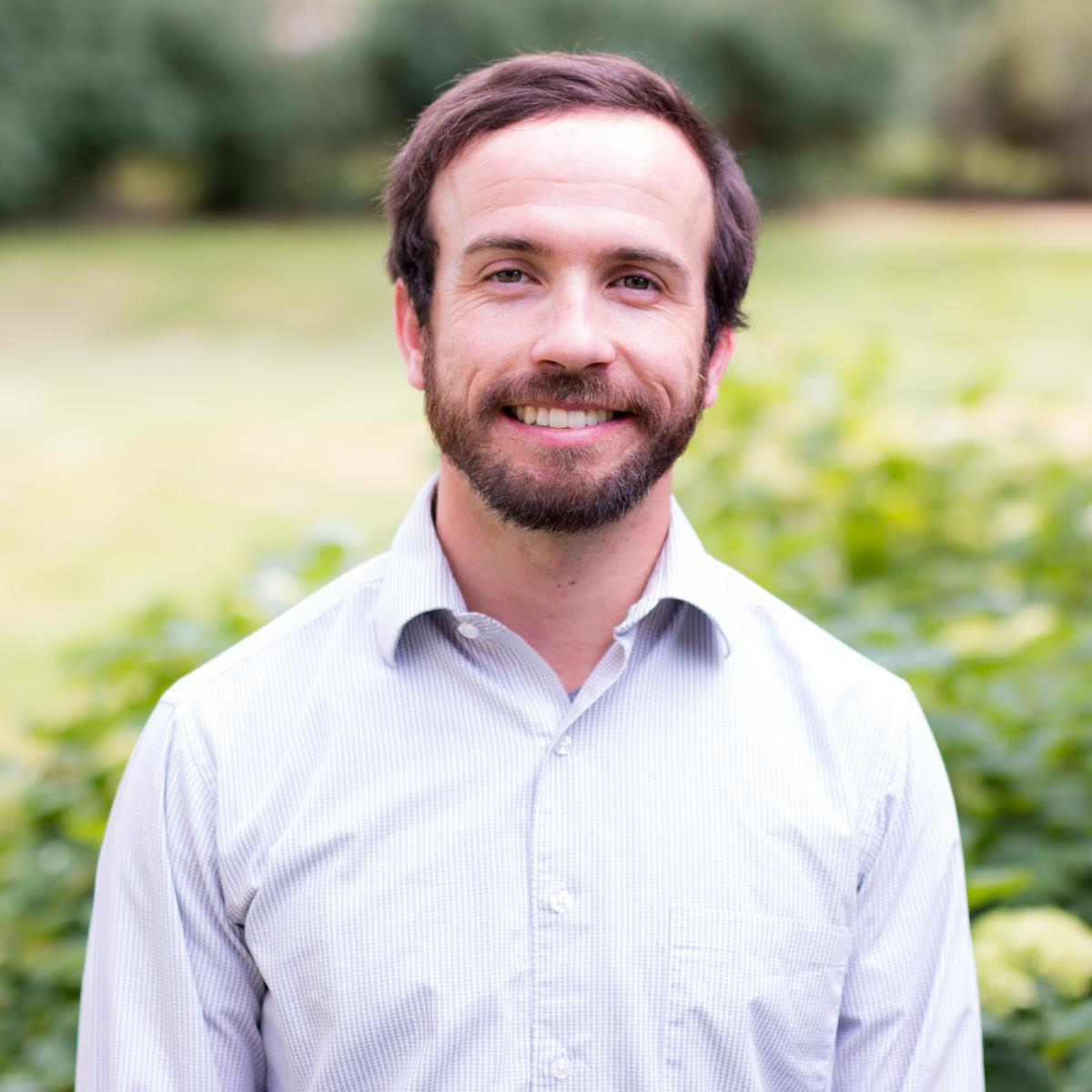 | Greg Rulifson Rulifson earned his PhD at the University of Colorado Boulder by studying how students’ understanding of the relationship between social responsibility and engineering changed throughout college. Before his PhD study, Rulifson worked as a structural engineer in the San Francisco Bay area where he earned his professional engineer license. Rulifson earned his BS in civil engineering with a minor in global poverty and practice from University of California, Berkeley, where he developed a strong desire to use engineering to facilitate developing communities' capacity for success. He brings significant global experience: with GeoHazards International, he helped coordinate design between stakeholders for the Tsunami Evacuation Raised Earthen Park in Padang, Indonesia; in Western Nicaragua, he engineered the structure of a rammed-earth community center in a rural village by collaborating with U.S. and Nicaragua-based NGOs, contractors and community. Rulifson teaches courses in Humanitarian Engineering, EPICS and Liberal Arts and International Studies. He co-advises the Mines Without Borders team and is a liaison to poverty alleviation organizations through the Posner Center for International Development in Denver. |
Contact:
Kathleen Morton, Digital Media and Communications Manager, Colorado School of Mines | 303-273-3088 | kmorton@mines.edu
Ashley Spurgeon, Editorial Assistant, Mines magazine | 303-273-3959 | aspurgeon@mines.edu
Agata Bogucka, Communications Manager, College of Earth Resource Sciences & Engineering | 303-384-2657 | abogucka@mines.edu
Deirdre Keating, Communications Manager, College of Engineering & Computational Sciences | 303-384-2358 | dkeating@mines.edu
Mark Ramirez, Communications Manager, College of Applied Science & Engineering | 303-383-2622 | ramirez@mines.edu

